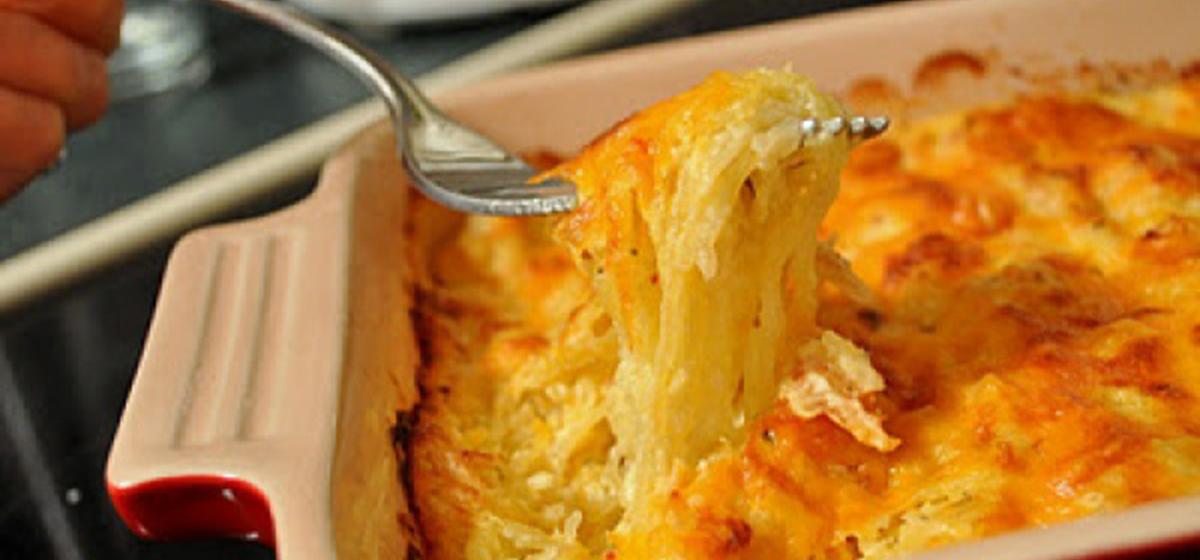
Pigeon racing has taken Freise and his birds to new heights and places, but you can find his roots right here in Texas. Freise is originally from Houston, where he had a successful career as a civil engineer. He came to Huntsville in 2004 with his wife Patricia and built the Red Ass Ranch, a sprawling 200 acre spread the couple lives on and raises their many cows, deer, goats, horses, and (of course) pigeons. There, he says, his unconventional hobby has turned into his greatest joy. His eyes actually light up as he talks about his passion for pigeon racing.
They just thought it was kind of weird that I would pay $500 for a pigeon.
I just looked around on the internet to learn about the sport and see who was winning, and then decided I’d buy some pigeons from the Ganus Family Loft in Indiana.

I’ve got about 24 right now.
Well, we lived in Houston, and then we moved up north to Porter, and then we moved up north to Lake Conroe. After that, we bought 200 acres out here, retired, and thought we needed to do something with it.



When they’re 50 days old, we send them off to raisers. We pay an entry fee there, and they’re there from about two months old until they’re nine months old. So, the raiser will have several hundred pigeons in his loft, and wherever they’re raised is where they’ll come back to. The birds can only train to one loft—that’s why it’s called “one loft racing.” It’s like imprinting, and they can only attach to one place. No one really knows how pigeons do this. In September, the races will start, and the raiser will haul them all down the road, training them to come back. Then in December or so, we’ll have the big race, which is 350-400 miles long, and the pigeons have to fly 8-10 hours to get back home.

Well, kind of. The raiser will take the birds about 2 miles and turn them loose. Then they’ll come back and then go to 10 miles, then 20, then 30, and work his way all the way up to 100 miles. That’s when the race will start.

Well, I liked being an engineer. You ever visit Houston? I was the executive director of the Toll Road Authority for about 20 years; I built all those toll roads. I built them, designed them, financed them—it took about 2 billion dollars to build them. I had a great life; it was a great career. But like I tell my wife, the job does not define who you are, just what you do for a living. I’ve been very blessed in life, and now that we’re retired, we try to live every day to the maximum, doing just what we enjoy. That’s what retirement’s about.
I don’t miss it. I enjoyed it when I was doing it, but I enjoy pigeon racing even more.
We picked up a couple of antique cars and participate in car shows a bit, and my wife is an artist, so she puts pictures in art shows. We just travel around doing what we do and meeting people.

We just do it for the competition. I’m a competitive person—I don’t do anything unless there’s competition—just like car shows are competition. You know, it helps fill a very competitive need. You’re flying against the best pigeons in the world. In the South African race, they’ll have 4,000 pigeons, and the birds come from all over the world—Belgium, Hungary, China, Japan, The Philippines, Great Britain, Canada…it’s an exceedingly competitive sport, just like horse racing.

Those that win, I keep. Those that don’t win, I sell to my fundraiser, who sells them down in Tomball. And after a couple of years, you get too many, and you’ve got to get rid of them somehow. You can’t keep them all. We’ll send out about 45 pigeons a year and raise them, and after the end of a race, we’ll probably get a dozen or two back. Because they only imprint on one place, when the race is over, they can only be used/sold as “stud”—but there’s good money in that.
No. After that race, if they made top 10, you had to put them up in an auction. So he was sold to a fellow in China for $11,000.
Yeah, we attend some (sometimes the release, sometimes the finish), but when we can’t go, we can watch online via web stream. When we go, they always have a big barbeque or something like that, and everybody gathers and visits to watch the birds come in. We also just came in from Las Vegas in December. We went out there for four days for a pigeon convention; they auctioned birds off there. The two highest birds sold for $40,000.




